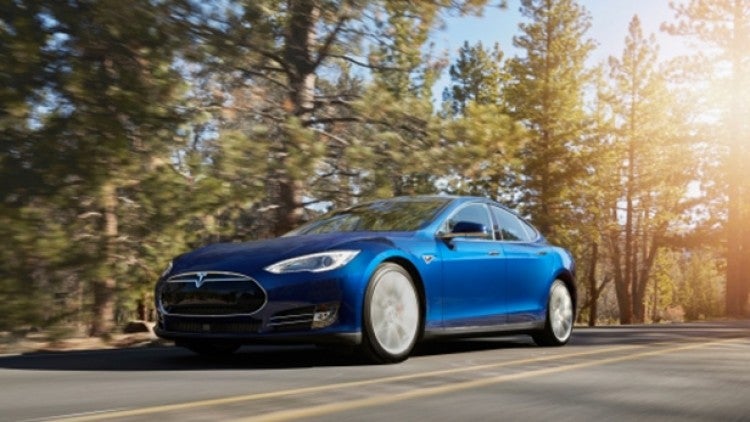Getting driverless cars to make ethical decisions is ‘impossible’, says Oxford professor

An Oxford professor says driverless cars will never be able to emulate human ethics.
Speaking to TrustedReviews as part of our feature on the ethics of driverless cars, Professor Luciano Floridi, a Professor of Philosophy and Ethics of Information at the University of Oxford, described creating an ethics algorithm for cars as “impossible”, because there are an infinite number of hazards a driverless vehicle could face on the road. Floridi uses the example of programming a car to deal with animals in the road:
“You could say ‘stop every time’ there’s a cat – unless what? Unless there’s a big truck driving at 70mph behind you, and you have your kids in the car. At that point you say ‘go and kill the cat’, because your family is at risk. You can multiply this with ‘only if’ and ‘unless’ to an endless number of conditions.”
Floridi describes how computerising open-world situations, like driving on a road, are very difficult compared to programming a closed-world situation where all the parameters can be controlled.
“
According to the Oxford professor, car companies are already consulting with ethics experts to make sure their software is morally watertight. He told TrustedReviews that he attended a meeting with Audi “where ethical issues were the main topic precisely because of the implications of driverless cars. As any advanced technology that we develop requires, at some point the social impact forces an ethical consideration.”
Driverless cars are expected to arrive on public roads as soon as 2020, with many major companies openly developing the technology, including giants like Ford, Tesla, Nvidia, Qualcomm, and BMW. But experts like Floridi have cast doubts over how realistic it is to introduce autonomous cars onto public roads, forcing computers to make very complex moral decisions.
“The ethics are delicate, too subtle, too open-ended for an ordinary driverless car,” he tells us. “The car I need to go from the countryside to London, or from London back to Rome, as I did when I was a young guy with not much money – can you imagine that journey? Around 2,000 miles from Oxford to Rome and back? In a context where anything could happen, it’s very hard to imagine a totally uncontrolled environment with a driverless car being successful, without me having a chance to pick up the wheel.”
Read the full feature: Death by Driverless Car: Who’s to blame when robot cars get it wrong?
Watch: Tesla Model S review
What do you think about driverless cars? Let us know in the comments.


